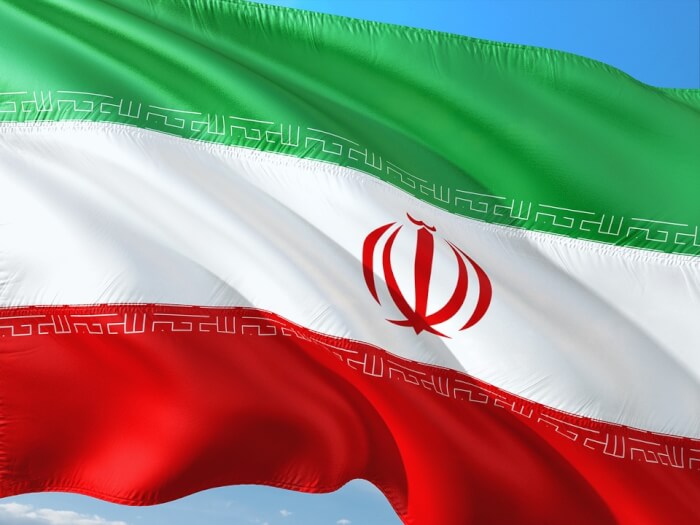UN Human Rights officials condemn Iran for executing teenager
Two UN human rights experts today expressed their dismay that the Islamic Republic of Iran has again violated international human rights law by executing by hanging this morning child offender Shayan Saeedpour.
The Special Rapporteur on the situation of human rights in the Islamic Republic of Iran, Javaid Rehman, and the Special Rapporteur on extrajudicial, summary or arbitrary executions, Agnes Callamard, also expressed grave concerns that further executions may take place as early as tomorrow morning.
Born on 21 September 2007, Mr. Saeedpour was convicted of murder and sentenced to death in October 2018. The crime allegedly took place on 16 August 2015, when he was only 17-years-old.

pixabay.com/fr/photos/iran/
The Supreme Court of Iran upheld the sentence in February 2019. This decision reportedly failed to consider Mr. Saeedpour’s age at the time of the offence or whether reported mental health concerns meant he had not reached full mental maturity and should have been exempted from the death penalty under Article 91 of Iran’s Penal Code.
“We are shocked that the Iranian authorities have once again defied their international obligations by executing a child offender,” the experts said. “We have repeatedly reminded the Iranian government and judiciary that international human rights law is clear: the application of the death penalty to child offenders is strictly prohibited and its practice is an egregious violation of the right to life.”
The experts noted with great concern that the state prosecutor reportedly pressured the family of the murder victim to request the application of the death penalty to Mr. Saeedpour, which may have been prompted by the fact that Mr. Saeedpour had escaped from prison during protests concerning COVID-19 on 27 March 2020. He was re-arrested a few days later. Under Iranian law, the family of a murder victim can choose to apply the death penalty or accept blood money and pardon the offender.
“Iran consistently claims its officials intervene in cases to prevent the death penalty being applied by asking the victims’ families to accept blood money and pardon the offender. We are appalled that in this case Iranian officials allegedly promoted the application of the death penalty to a child offender,” said the experts.
The experts have also received unconfirmed reports that the execution of another child offender may have taken place on 18 April 2020. Other individuals involved in prison protests in recent weeks over the COVID-19 outbreak have also reportedly been killed by security officers or may face execution, possibly as early as Wednesday morning, 22 April. While these individuals reportedly were already facing death sentences, it is believed their executions are being expedited due to their participation in prison protests.
“We are highly disturbed that the Iranian authorities are reacting to protests in prisons over COVID-19 by using torture and ill-treatment that results in extra-judicial killings, or through executions,” they said.
“We urge the Iranian Government to immediately halt all executions and for security forces to end the use of excessive force that has resulted in the loss of life and to launch independent and impartial investigations into these allegations,” the UN human rights experts said.


- Israelisnipers shooting and killing hospital workers in Gaza - December 11, 2023
- CAIR Condemns Israeli Executions of Wounded, Unarmed Palestinian in West Bank - December 11, 2023
- Arab and Muslim American voters face a “simple choice” between Biden’s inhumanity and Trump’s edgy politics - December 9, 2023






















